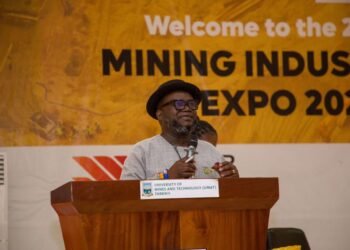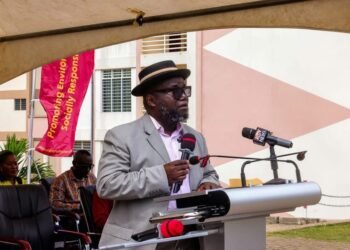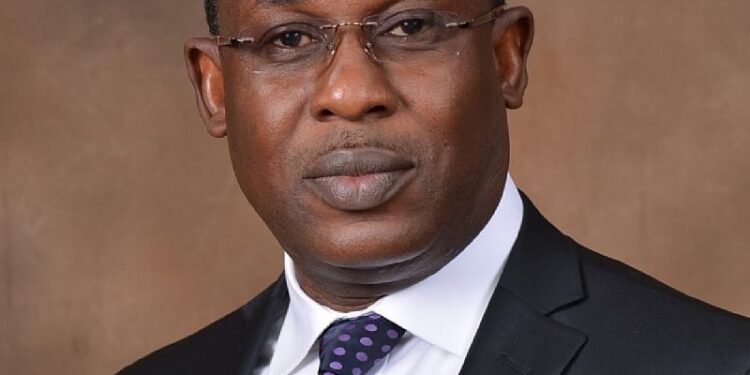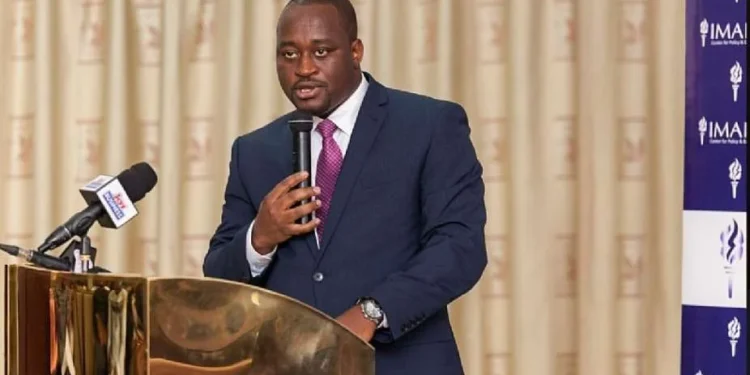Nigeria’s oil and gas industry has been thrown into a debate as billionaire businessman Femi Otedola stepped into the fuel supply dispute between the Dangote Refinery and the Depot and Petroleum Products Marketers Association of Nigeria (DAPPMAN). The businessman, who once played a central role in shaping the downstream sector, advised the association to innovate in the face of change or risk fading into irrelevance.
In a strongly worded statement, Otedola said he had closely followed the exchanges between DAPPMAN and Dangote Refinery and felt compelled to share his perspective, especially as the matter carries significant implications for Nigeria’s economic future. He congratulated Aliko Dangote for what he described as a historic accomplishment with the refinery, noting that its success signaled a turning point for the country’s energy independence.
Otedola, however, warned that entrenched interests remain unwilling to embrace the new reality. “But history has shown time and again: you can delay change, frustrate it, even sabotage it but you can never stop it,” he stressed.
Recalling the origins of DAPPMAN, Otedola noted that he personally founded the association 23 years ago, in 2002, to challenge the dominance of the major marketers and create a fairer platform for independent depot owners. He revealed that he structured the group by appointing the late George Enenmoh as Chairman, with himself as Vice Chairman and Sayyu Dantata as Secretary. At the time, he explained, depot ownership was strategic because it helped plug critical supply gaps left by an inefficient system.
“But times have changed. Many of the original players have exited the scene, and those left are clinging to assets that no longer reflect today’s business realities. I advised some of them as far back as last year to sell their depots as scrap while they still had value.”
Femi Otedola
According to him, Nigeria now has more than 4 million metric tons of storage capacity, most of it lying idle. With Dangote Refinery supplying fuel locally, Otedola said the old business model was collapsing.
Zenon Oil, which Otedola once led, pioneered the modern diesel business in Nigeria and grew to become the country’s largest supplier. He recalled how depots were once essential for storing imported diesel in a market riddled with inefficiencies. But with domestic production now efficient and reliable, he argued, those gaps no longer exist.
He also pointed to the wider impact of the refinery on the nation’s logistics sector. “Furthermore, we must not fail to recognise the attendant benefits of eliminating the gridlock around the Ibafon, Tincan and Apapa areas due to the operations of the Dangote Refinery,” Otedola observed.
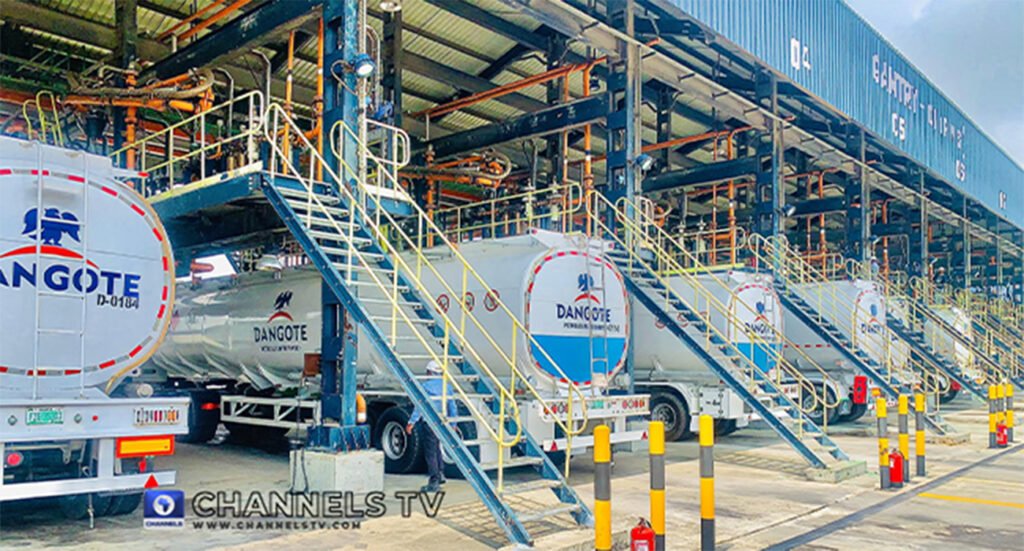
Old Models No Longer Sustainable
Highlighting Dangote’s investments in infrastructure, Otedola noted that aside from refining fuel, his counterpart had transformed the entire distribution network.
“Today, more than just producing fuel, Aliko Dangote has elevated the entire logistics chain, purchasing 8,000 brand new CNG eco-friendly trucks that will distribute across the country with less pollution and fewer breakdowns, unlike the aging, rickety trucks still used by some operators.”
Femi Otedola
Reflecting on his long history in the business, Otedola declared that he knew the sector “intimately.”
“I was king of it and at the peak of it in 2005 (20 years ago), I was conferred with the life patron of the PTD union by Mr Akinlaja. So, when I say the game has changed, I speak from deep experience.
“What is DAPPMAN fighting for today? To preserve a model built on fuel imports, subsidy exploitation, and outdated infrastructure? That era is fast disappearing.”
Femi Otedola
He reminded members that depot ownership was once tied to collecting Pro Forma Invoices (PFIs) from NNPC, the sole supplier of petrol at the time. The arrangement, he explained, fostered complacency and profit-seeking importers whose sole agenda was arbitrage and subsidy margins.
Since PFIs no longer exist, Otedola questioned why the Dangote Refinery should be compelled to subsidise DAPPMAN with N1.5 trillion. “There is no reason why the Dangote Refinery should subsidise DAPPMAN with N1.5 trillion which they are asking Dangote Refinery to pay and subsequently pass this cost to consumers,” he said.
As such, in Otedola’s view, Nigeria’s energy market has undergone a permanent shift. Those unwilling to adapt, he suggested, risk being left behind.
READ ALSO: Don’t Shut Out Doctors Ghana Urgently Needs, MDC Warned






